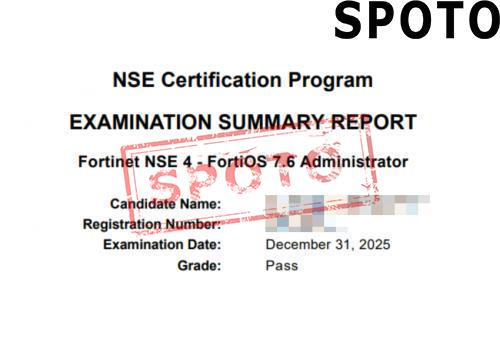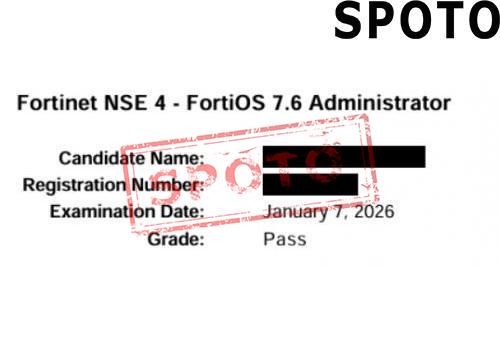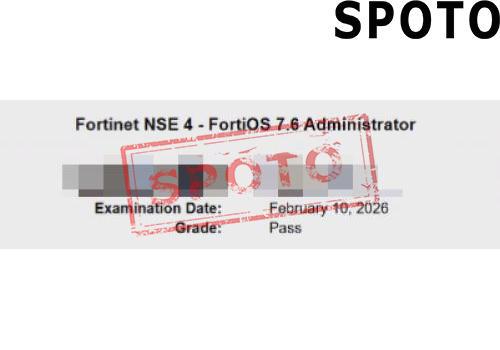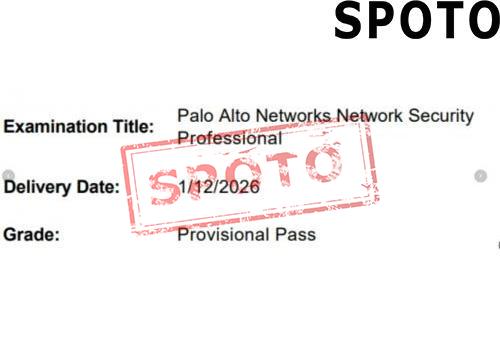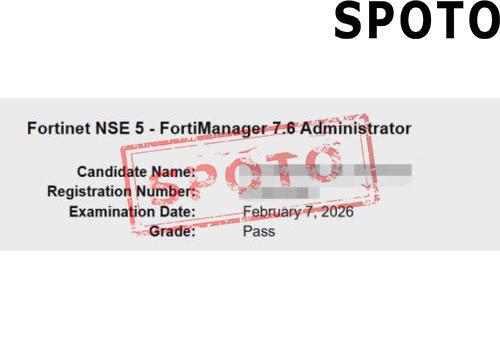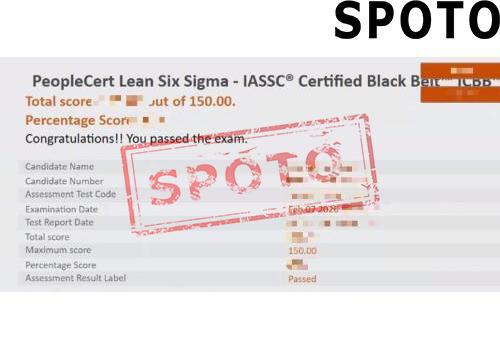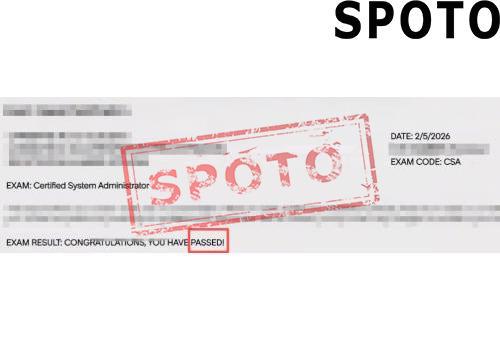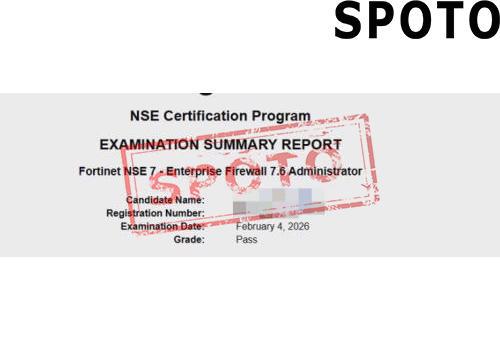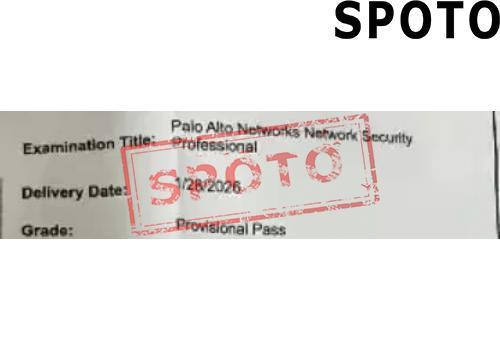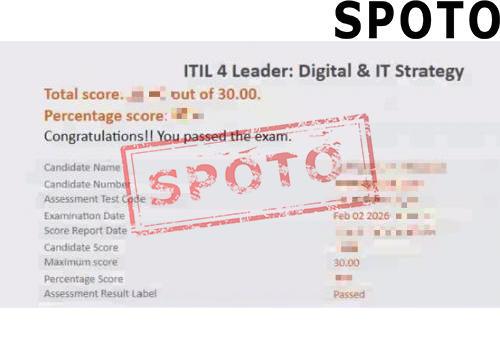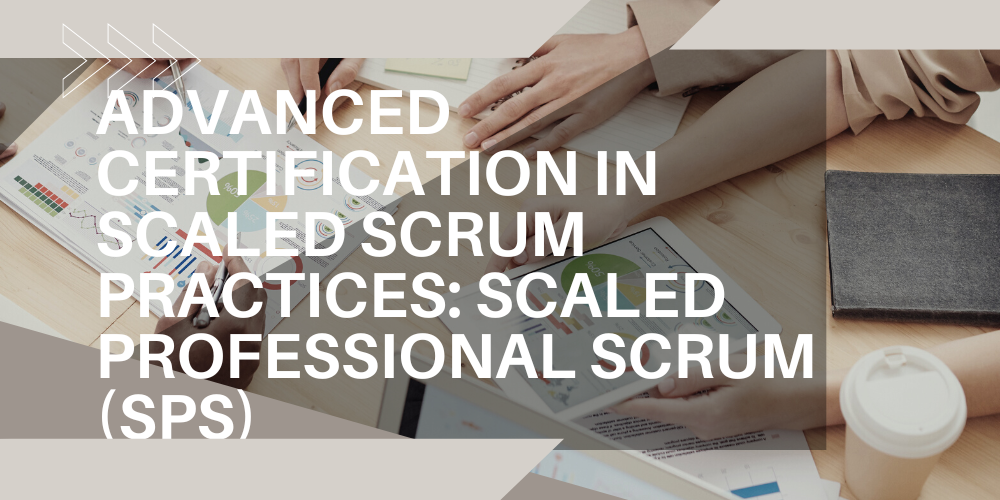
Table of Contents
- 1. Introduction to the Scaled Professional Scrum certification
- 2. The Rewards of Being a Scaled Professional Scrum
- 3. Core Components of the Scaled Professional Scrum Certification
- 4. What are the requirements to be a Scaled Professional Scrum?
- 5. Comparable Certifications to Scaled Professional Scrum Certification
Scaled Professional Scrum is an advanced certification for large-scale Scrum practices, focusing on multi-team collaboration and the ability to promote agile transformation.
1. Introduction to the Scaled Professional Scrum certification
Scaled Professional Scrum (SPS) is an advanced certification launched by Scrum.org, focusing on the validation of the ability to scale the application of the Scrum framework in large organizations or complex projects. For practitioners who wish to delve deeper into the agile field in large enterprises or complex projects, SPS certification is not only an authoritative endorsement of their abilities, but also an important ladder to break through career ceilings and participate in high-value transformation projects. It is recommended that after accumulating practical experience in single team Scrum, training and practical case analysis be conducted to prepare for the exam and improve application skills.
It is based on the core principles of Scrum and aims to cultivate professionals who can design and guide large-scale Scrum practices for scenarios such as multi team collaboration and cross departmental alignment. It is suitable for managers, architects, or senior Scrum Masters who need to coordinate multiple Scrum teams to achieve large-scale product delivery.
When a company needs to collaborate with multiple Scrum teams to deliver complex products, the Scrum practice of a single team is difficult to address challenges such as inter team dependencies, goal alignment, and resource coordination.
The core of SPS certification is to cultivate "designers and drivers of scaled Scrum," help organizations break down team barriers, establish cross team collaboration mechanisms, ensure efficient collaboration among multiple Scrum teams around a common product vision, and achieve scaled delivery of value. These types of talents usually play the role of "bridges" in organizational level agile transformation, balancing local team efficiency with overall product goals.
2. The Rewards of Being a Scaled Professional Scrum
SPS certification focuses on the most challenging issue of "multi team collaboration" in practical situations. Having SPS certification can be recognized by enterprises as an expert with the ability to implement from "single team agility" to "organizational level agility," especially in large enterprises where demand is high.
Compared to practitioners who only master single team Scrum, SPS holders are more likely to be promoted to senior management positions. The training and examination process covers Scrum@Scale. The practical points of mainstream frameworks help you break away from "empiricism" and master replicable methods for large-scale design.
Having SPS certification also allows one to join Scrum.org's SPS community, access global scale practice cases, participate in high-end forums, connect with experts in the same field, and provide reference ideas for complex projects.
3. Core Components of the Scaled Professional Scrum Certification
SPS certification focuses on the application and extension of Scrum framework in large-scale environments, aiming to address complexity issues in multi team collaboration.
In depth analysis of the SPS certification system around the principle of scale and framework modules Scrum@Scale. The core components of mainstream extension frameworks such as LeSS emphasize achieving multi team collaboration through transparency, alignment, and synchronization mechanisms, avoiding the introduction of unnecessary management hierarchies.
The multi team collaboration mechanism focuses on training product goal decomposition skills, achieving strategic alignment through quarterly OKRs and other tools, and effectively managing technical and resource dependencies between teams using visualization methods such as dependency maps. The organizational empowerment system cultivates the ability to identify and remove organizational level barriers, including breaking down departmental barriers, optimizing traditional processes, adjusting assessment mechanisms, and promoting the transformation of the organization towards a product oriented team architecture.
Role expansion and collaboration redefine the responsibilities of each role in a scaled scenario, covering the coordination ability of cross team Scrum Masters, the division of labor and collaboration mode of Product Owner teams, and the transition of management from directive to empowering. Establish a cross team unified quality standard and a sound risk management mechanism for the quality and risk control system, ensuring the stability and reliability of large-scale delivery.
SPS certification includes in-depth analysis of large-scale frameworks and practical experience throughout the entire process from strategic alignment to execution.
4. What are the requirements to be a Scaled Professional Scrum?
(1) Qualification prerequisites:
The prerequisite for obtaining SPS certification is to obtain Professional Scrum Master I (PSM I) certification and have a solid foundation in Scrum.
Scrum recommends that you have at least one year of experience in multi team collaboration or large-scale projects, and understand the challenges of scaling scenarios. You need to participate in the "SPS Certification Training" authorized by Scrum.org, which focuses on practical cases and interactive exercises.
(2) Training and examinations:
The SPS certification consists of 40 multiple-choice questions, with a test duration of 60 minutes and a maximum score of 100 points. Only those who score 85 or above can pass.
(3) Qualification maintenance:
The SPS certificate is valid for life and does not require renewal, but Scrum.org encourages holders to deepen their scalability skills through practical or advanced learning.
5. Comparable Certifications to Scaled Professional Scrum Certification
- Certified Scrum Professional - Scrum Master (CSP-SM)
- Scrum@Scale Practitioner
- Professional Scrum Master III (PSM III)
- Scaled Scrum Professional Certification (SSPC)
